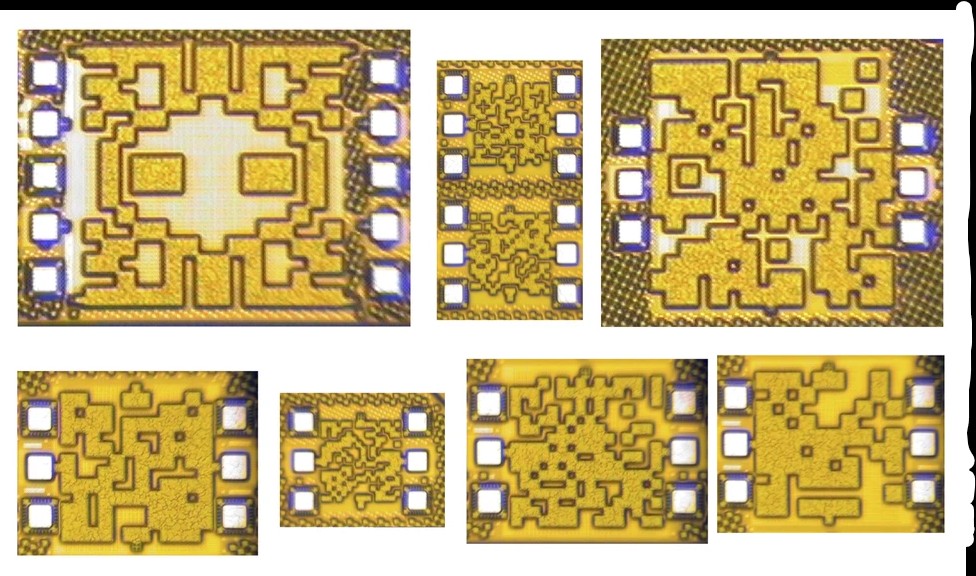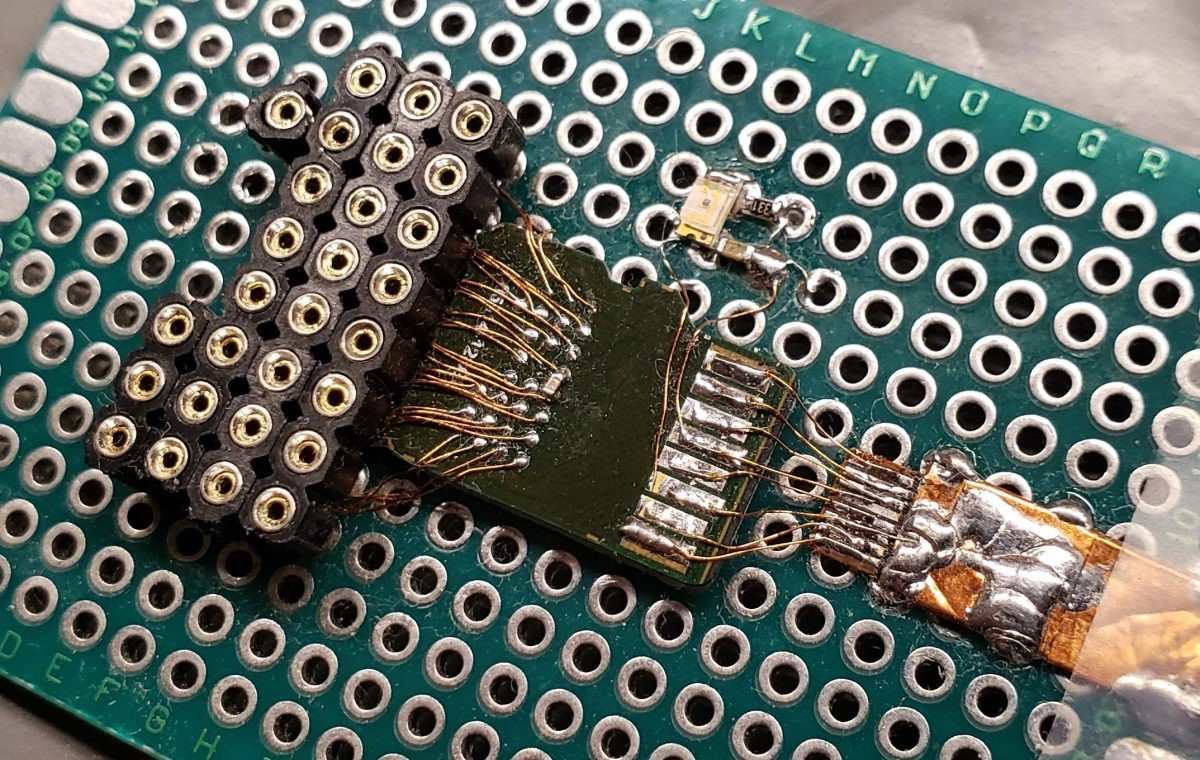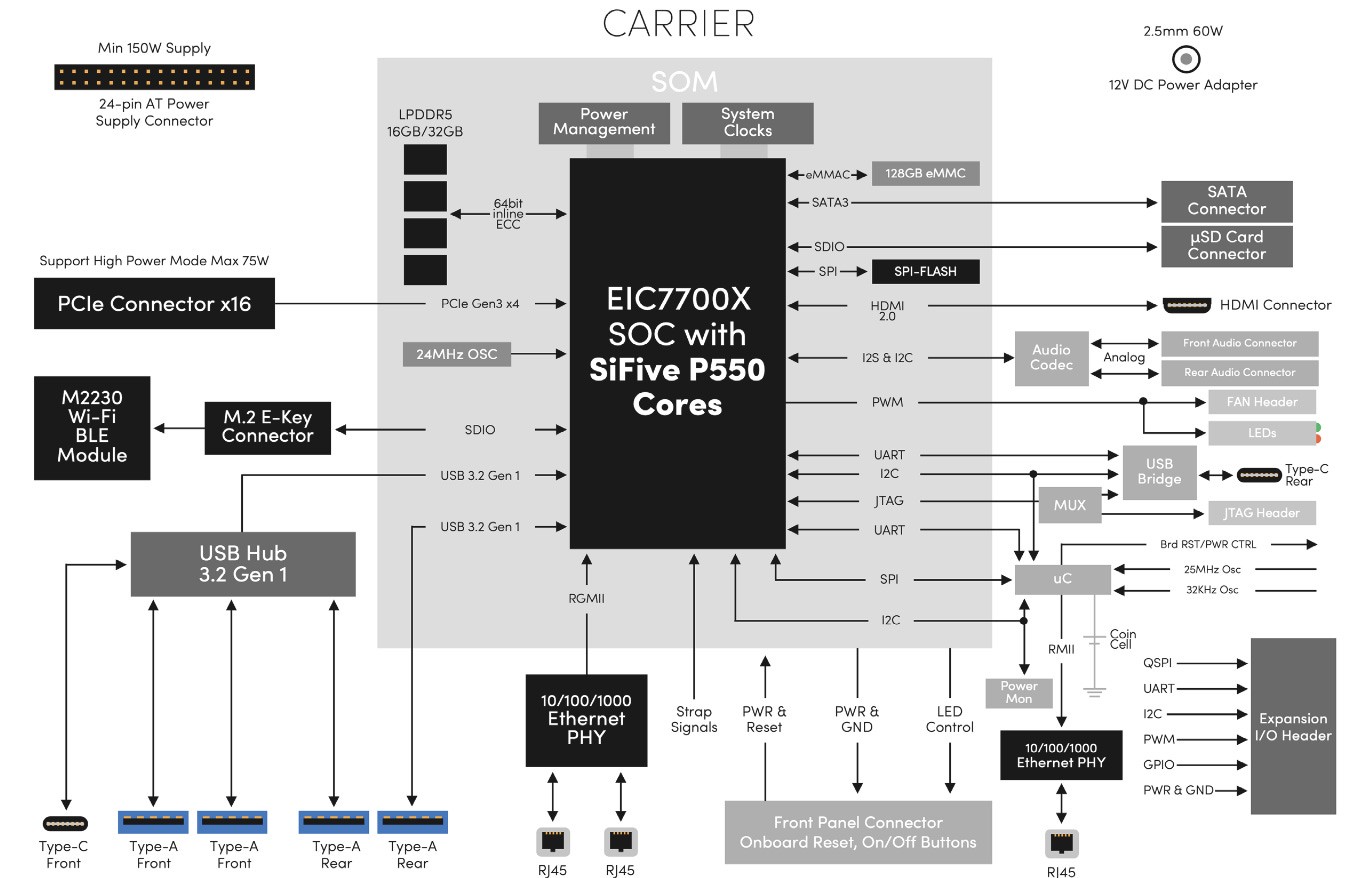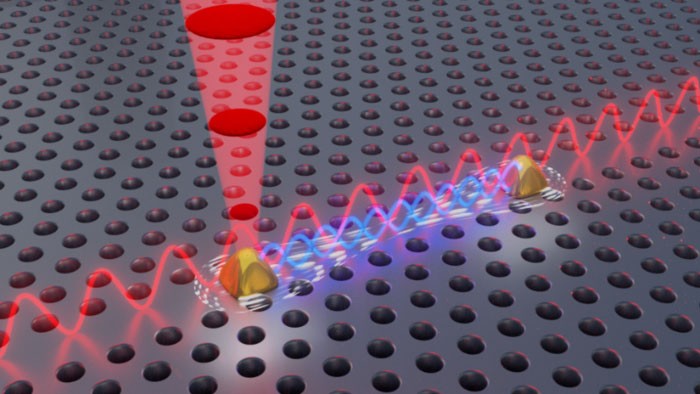AI-Designed Wireless Chips Baffle Human Engineers with Superior Performance
Researchers from Princeton Engineering and IIT have developed AI systems that can design complex wireless chips in hours instead of weeks, outperforming human-made designs. The AI-generated chips feature unconventional, randomly shaped structures that human engineers struggle to comprehend, yet demonstrate superior efficiency when manufactured.
Reverse Engineering Reveals Hidden 3D NAND Technology in SanDisk High Endurance Cards
Through meticulous reverse engineering, researchers uncovered that SanDisk's High Endurance microSDXC cards utilize advanced BiCS3 3D TLC NAND Flash memory technology. The investigation required custom hardware to analyze internal components and bus signals, providing rare insights into modern memory card architecture despite manufacturer secrecy.
SiFive P550: A RISC-V Breakthrough Challenging ARM's Dominance
SiFive's new P550 processor architecture delivers 30% better performance while using half the silicon area of ARM's Cortex-A75. The 13-stage pipeline with out-of-order execution represents a major step forward for RISC-V in high-performance computing applications.
EU Challenges US Export Controls on AI Chips Amid Global Technology Tensions
The European Union strongly opposes new US restrictions creating a tiered system for AI chip access among EU member states. While ten nations receive privileged 'Tier 1' status, others face strict GPU limitations, sparking concerns over innovation and transatlantic technology trade relations.
Quantum Leap: Scientists Synchronize Multiple Mechanical Oscillators into Single Quantum System
EPFL researchers achieve groundbreaking control over six macroscopic oscillators, demonstrating collective quantum behavior similar to components found in everyday electronics. This breakthrough opens new possibilities for quantum computing and ultra-sensitive measurement technologies.
U.S. Semiconductor Technology Found Powering Russian Military Despite Export Ban
A Senate investigation reveals critical U.S. microchips continue flowing into Russian weapons systems despite strict export controls, exposing major enforcement gaps. The Commerce Department's Bureau of Industry and Security faces severe resource constraints while Russian distributors exploit loopholes through intermediary countries.
Intel's Leadership Conundrum: Why Pat Gelsinger's Technical Prowess Wasn't Enough
Despite Pat Gelsinger's celebrated technical background and management skills, his tenure as Intel CEO revealed a critical misalignment with the company's needs. His struggle to transform Intel's deep-rooted culture demonstrates that technical excellence alone cannot address fundamental organizational challenges.
US to Expand Sanctions on Chinese Semiconductor Industry, Including HBM Technology
The Biden administration plans to impose sanctions on 200 Chinese chip firms, with potential restrictions on High Bandwidth Memory exports. This escalation in US-China tech rivalry could reshape the global semiconductor landscape while impacting major players like Nvidia and Huawei.





